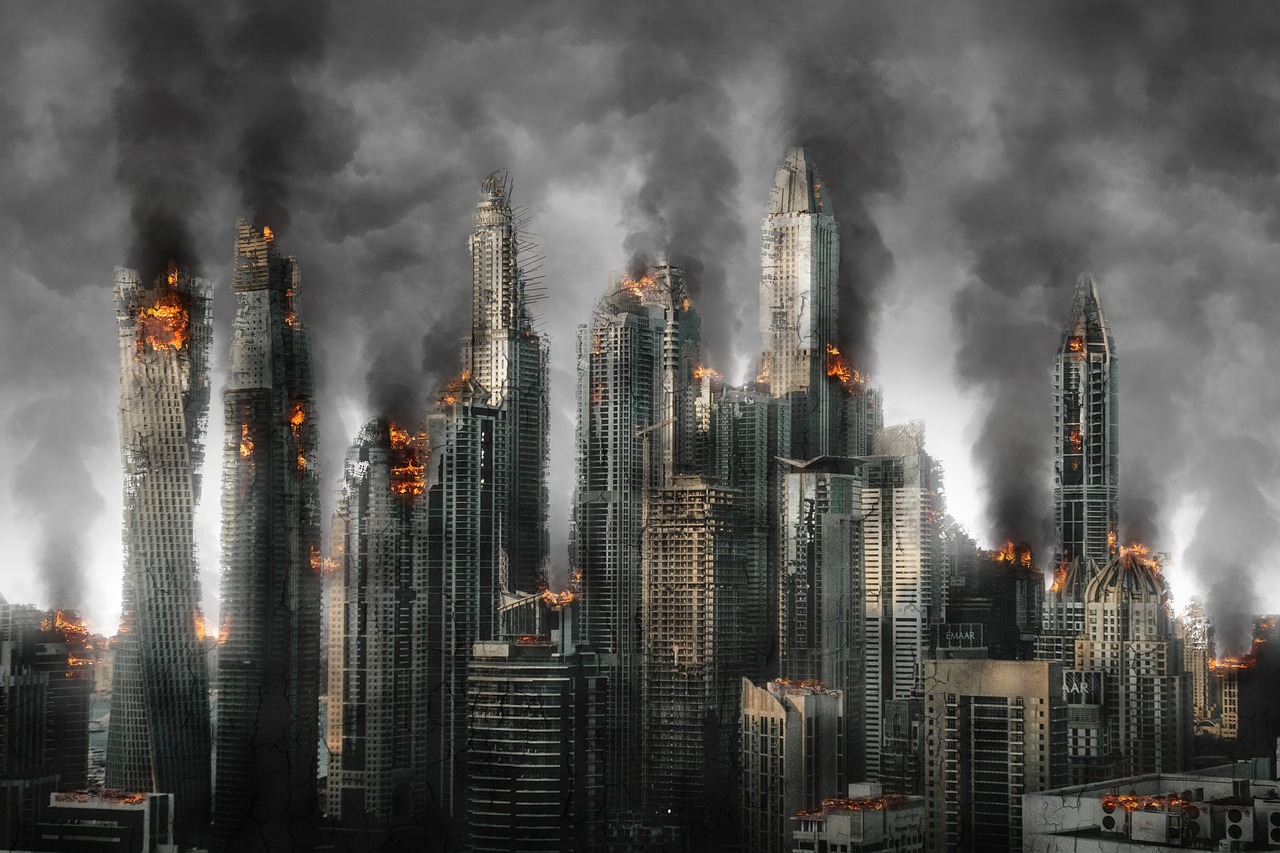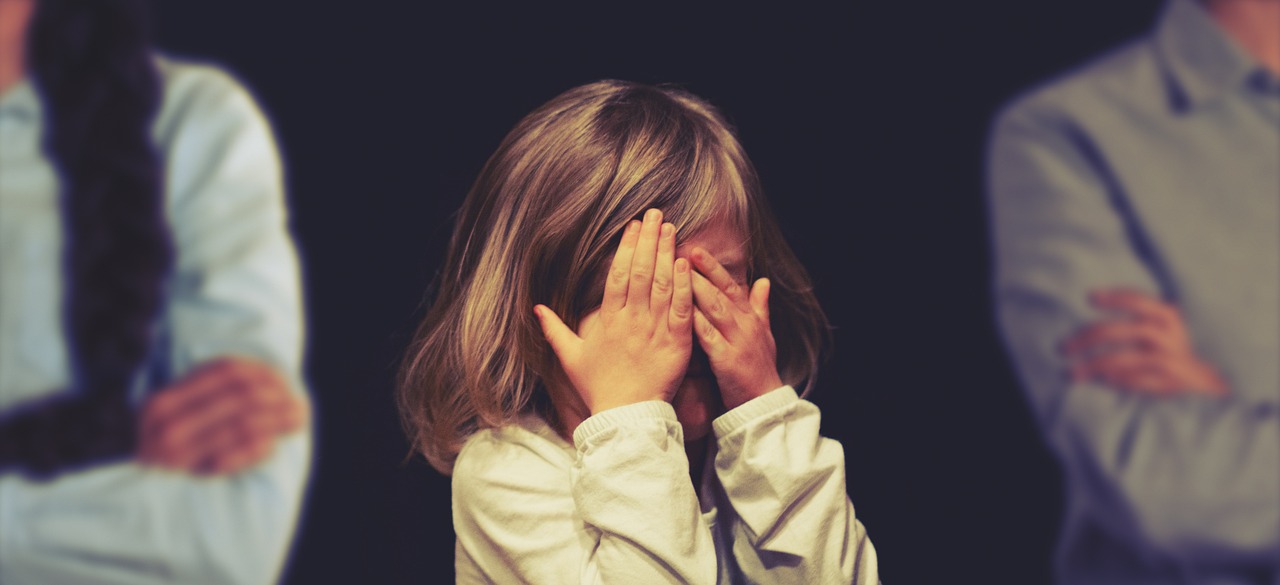In a haunting scene, a small girl stands out in a crowd of men. Positioned towards the back, she is surrounded by soldiers who have commanded the men to strip down to their underwear, including some elderly individuals. All eyes are directed at the camera, which likely belongs to an Israeli soldier. The photograph first surfaced on the Telegram account of a journalist with reliable connections to the Israeli Defense Forces.
The expressions on the men’s faces reveal fear, exhaustion, and despair. Meanwhile, the little girl, later identified by a BBC producer, appears to be looking away. Perhaps something beyond the frame has caught her eye, or she simply wishes to avoid gazing at the soldiers and their weapons.
The military has instructed people to halt in this location. Behind them lie bombed-out structures stretching into the horizon as they undergo searches for weapons and any potential links to Hamas. The profound suffering caused by this conflict often reveals itself through individual stories, and the girl’s presence raises numerous questions about her identity and fate. The photo was taken during a week marked by hundreds of casualties and thousands displaced from their homes due to airstrikes.
Collaborating with BBC Arabic’s Gaza Today program, efforts began to locate the child. Due to restrictions on international media access in Gaza, the BBC relies on a network of trusted freelance journalists who engage with aid organizations. Within two days, they received word: “We have found her!”
The girl was identified as three-year-old Julia Abu Warda, alive and safe with her father, grandfather, and mother in Gaza City. When approached by a journalist, Julia was watching a cartoon featuring animated chickens while an Israeli drone hovered ominously overhead.
Julia appeared physically well but wore a cautious expression as her father playfully asked her name. The family had been displaced five times over three weeks due to ongoing airstrikes and gunfire. On the day of the photo, they heard an Israeli drone warning them to evacuate while seeking refuge from violence.
Carrying minimal belongings and moving through chaos, Mohammed (her father) became separated from Julia’s mother amidst frantic crowds. They eventually found themselves at an Israeli checkpoint where soldiers conducted searches for hidden weapons.
Although Julia appeared calm in the photograph, Mohammed recalled her distress afterward when she cried out for her mother. The family eventually reunited in crowded conditions where support from relatives helped comfort Julia.
Tragically, before their flight from Jabalia to Gaza City, Julia lost her favorite cousin Yahya to an airstrike. The psychological toll on children like Julia is profound; UNICEF reports that approximately 14,000 children have died due to this conflict.
As families struggle under dire circumstances—facing bombs, hunger, and disease—Julia’s story illustrates both her trauma and the resilience of those who love her amidst unimaginable challenges.


